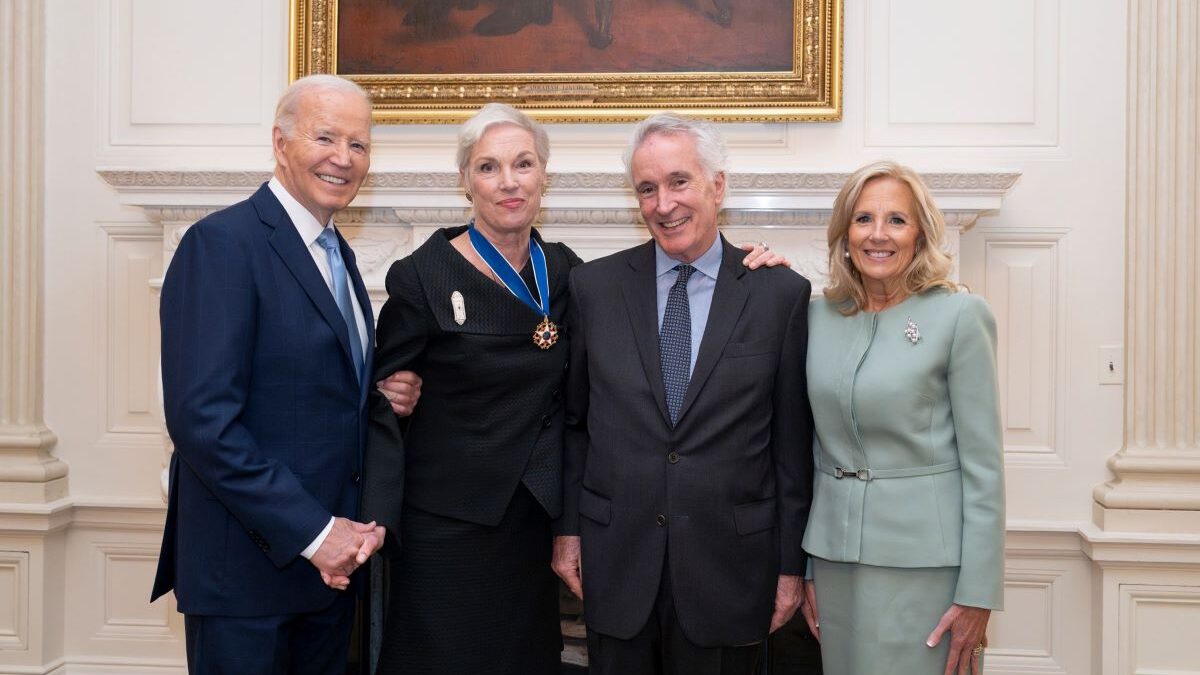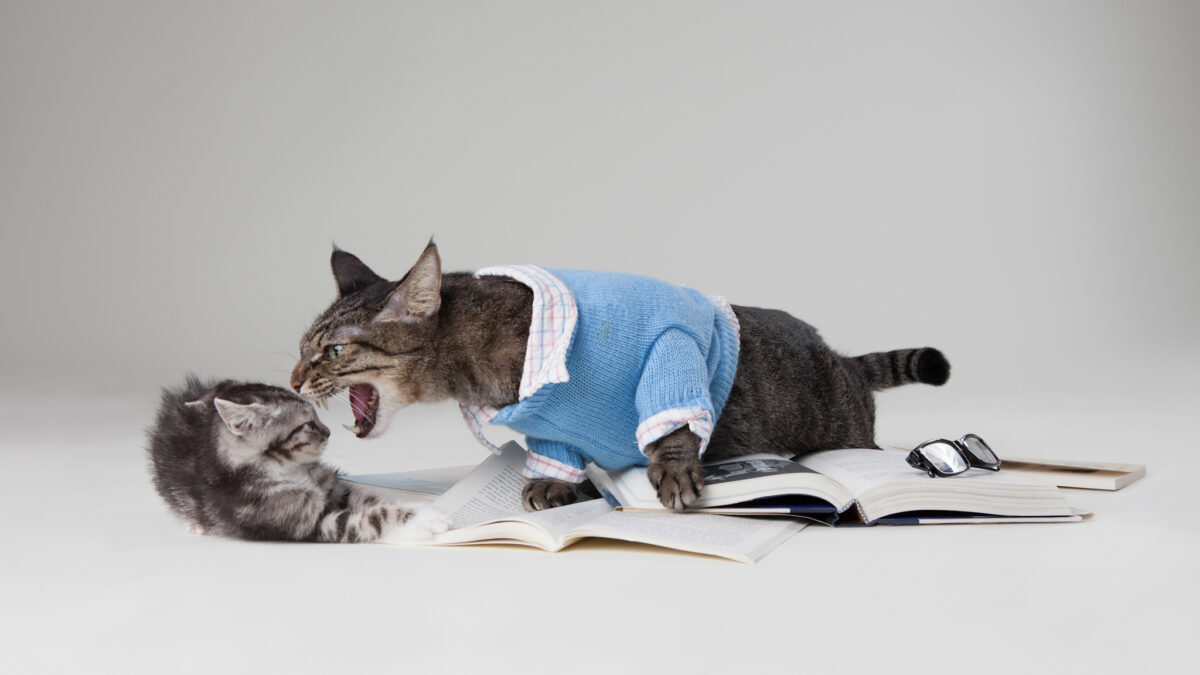What makes a question taboo? In a culture that champions dialogue and scientific inquiry, it would seem that anything is fair game. According to the documentary “What is a Woman?” that’s not the case.
Produced by conservative news outlet The Daily Wire, the 1-hour and 35-minute film — this month rated number one for “Movies at Home” on Rotten Tomatoes — follows author, speaker, and podcast host Matt Walsh as he travels across the country and overseas, seeking an answer to the title question.
As a cultural commentator, Walsh has made clear what he (and up until recently, every human civilization) believes a woman is: an adult human female. Yet with a tongue-in-cheek ignorance, Walsh opens the film feeling overwhelmed by conflicting messages about gender identity and sets out to find the truth.
The dramatized ignorance gives the film a touch of humor as well as objectivity. To each one of his interviewees (conservative or progressive), Walsh never argues for a viewpoint but only asks questions.
Unsettling Question
But throughout the documentary, what stands out is not so much Walsh’s question but the reactions to it. When he asks, “What is a woman?” to passersby in New York City and Hollywood, he’s answered with silence and nervous laughter. “I honestly don’t know,” says one.
The experts in academia and medicine also deflect the question. “I’m not a woman, so I can’t really answer that,” says a therapist. “It could mean many things to many people,” says a pediatrician. “What do you think?” says a professor.
Those are the friendlier responses. After repeating his question at the Women’s March in Washington, D.C., the marchers accuse him of harassment and start chanting “-ssh-le” as he walks by. In the one-on-one interviews with doctors, researchers, and a congressman, several of them abruptly call to end the interview. The congressman lasts the shortest.
Why is the question so unsettling? Perhaps because it seeks a definite answer.
One particular interview makes this clear. When Walsh tells a professor that he’s asking the question because he wants to find the truth, the professor bristles and asks that he stop using terms that are transphobic and rude.
In all likelihood, this professor and other interviewees would have jumped to answer the more open-ended question, “What does womanhood mean to you?” But the basic inquiry “What is a woman?” full-stop ruffles feathers because it asks for something universal.
Lack of Definition — and Reality
That’s a problem for our culture, since there is nothing universal about the people who identify as women, either biologically or temperamentally. Apparently, an athletic lesbian is just as much a woman as someone “assigned” male at birth who grew up liking Barbie dolls, and both are as much a woman as an hourglass-shaped pop star.
What do these people have in common? The world’s answer: they don’t need to have anything in common, because womanhood is whatever anyone wants it to be. It’s all personal, it’s all relative — so it’s all meaningless.
It’s unsettling enough to confront moral relativism as an abstract idea, but it’s downright chilling to see it in real people who let it dictate their lives — and would have it dictate others’ too. Throughout the film, everyone who supports gender ideology cannot make any firm claim about reality. “What if my truth is that I’m a black man?” Walsh (who is very white) asks the professor, who pauses and then responds, “Are you?”
“What if my truth is that you don’t exist?” Walsh asks one woman. “Fine, then to you I don’t exist,” she shrugs.
Moral Relativism
In order for gender to be fluid, reality itself must be relative. To seek “the truth” is offensive because it might step on the toes of “my truth.”
This brings us back to the easily triggered interviewees. Driven by feelings, moral relativism is all niceness and tolerance until someone pokes at it with an appeal to truth, and then it can only lash out like a child.
We might read about such responses in anecdotes or articles, but seeing them happen in real conversations on screen makes it starkly clear: Our culture has murdered truth, and as a result, it is a weak and insecure creature. What’s more, it can only destroy itself, because when someone declares that “my truth” is hatred, violence, or terrorism, relativism has no moral power to call it wrong.
Walsh’s documentary doesn’t offer much in terms of healing mainstream culture, but for anyone who wants to try, examining that culture up close is a key first step. For that, “What is a Woman?” is a must-watch.
“What is a Woman?” is available to stream on DailyWire.com.








